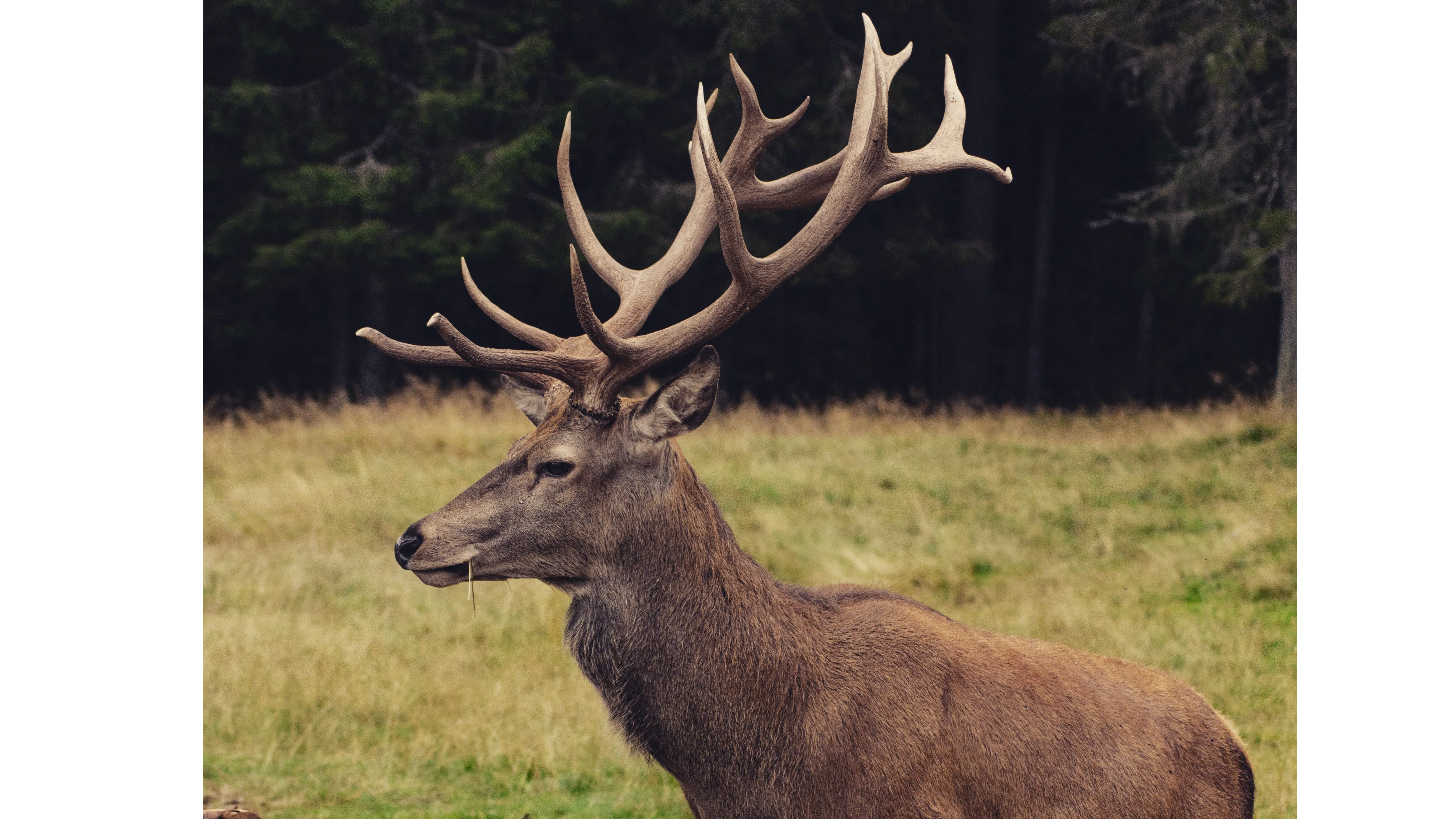The Wisconsin Department of Natural Resources is amplifying its efforts in monitoring and slowing the spread of Chronic Wasting Disease in local deer populations. The organisation is on the lookout for people to join in on the efforts towards achieving the same.
CWD is a disease found in Wisconsin’s white-tailed deer population that affects the animals’ brains. The disease can cause deer to stumble, lose a lot of weight and act strangely.
It always leads to a fatality, thus, potentially taking a toll on the health of the deer population.
Also Read | How scientists ‘dramatically’ shortened the legs of this spider-like species
The DNR has, therefore, been urging Wisconsinites lately to help by adopting a self-service kiosk or deer carcass disposal dumpster.
During deer season, hunters can bring deer heads to get tested for CWD at the kiosks.
They can later avoid the spread of CWD by disposing of deer carcasses in the dumpsters, instead of letting them decompose in the wild.
Also Read | Wisconsin Governor Tony Evers vetoes bills restricting absentee ballots
“We know many Wisconsinites are looking to provide CWD services in their local areas. The original idea for Adopt-a-Dumpster came from hunters themselves. We then launched Adopt-a-Kiosk to provide even more opportunities to get involved,” said Amanda Kamps, DNR Wildlife Health Conservation Specialist, in a statement “Both programs give more hunters convenient opportunities to participate in CWD management around the state.”
“Anything that we can do now is really important to do now and get started now, and these are some of those important things, like adopting a kiosk or a dumpster,” she added.
She said people can opt for their level of involvement with the project – it could be donating the partial cost of a dumpster or collecting samples from deer heads at the kiosks. Furthermore, Adopt-a-Dumpster partners have the option to either donate the full cost of a dumpster or participate in the DNR’s cost-sharing program. The program ensures that after receiving DNR reimbursements, partners will not pay more than $500 for their share.
She said, “ Either way, it’s a way to play a role in deer management and protect the health of local herds.”







